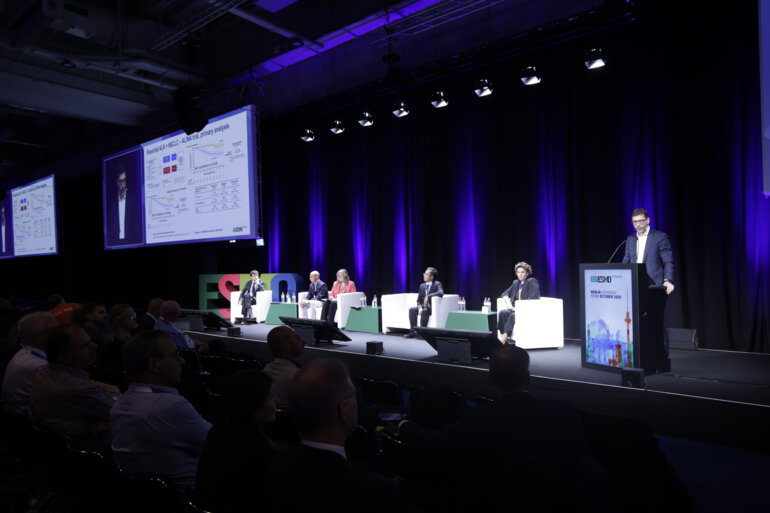
Adjuvant ALK TKIs show robust and durable disease-free survival benefit in non-small cell lung cancer
Data from the ELEVATE and ALINA studies highlight the gains provided by adjuvant ALK therapy in patients with ALK-positive disease

Data from the ELEVATE and ALINA studies highlight the gains provided by adjuvant ALK therapy in patients with ALK-positive disease
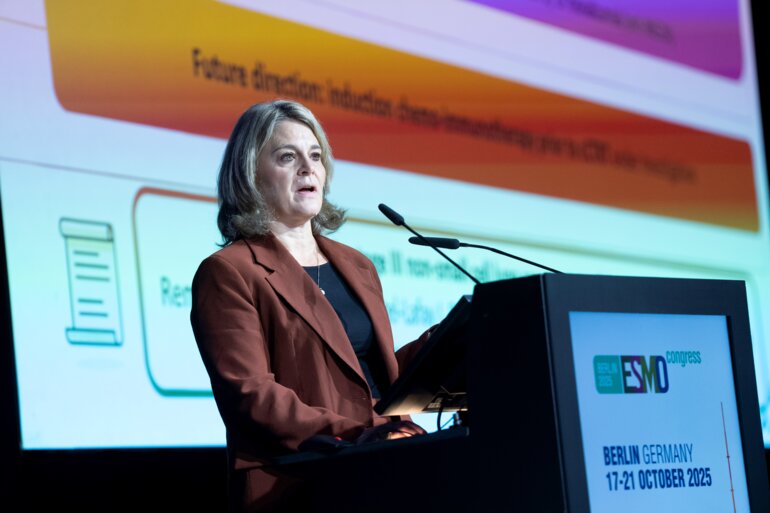
Negative results are reported in SKYSCRAPER-03, while induction immunochemotherapy is investigated as a potential novel approach for unresectable stage II NSCLC

Precision targeting, immune modulation and rational trial design are converging to improve patient outcomes
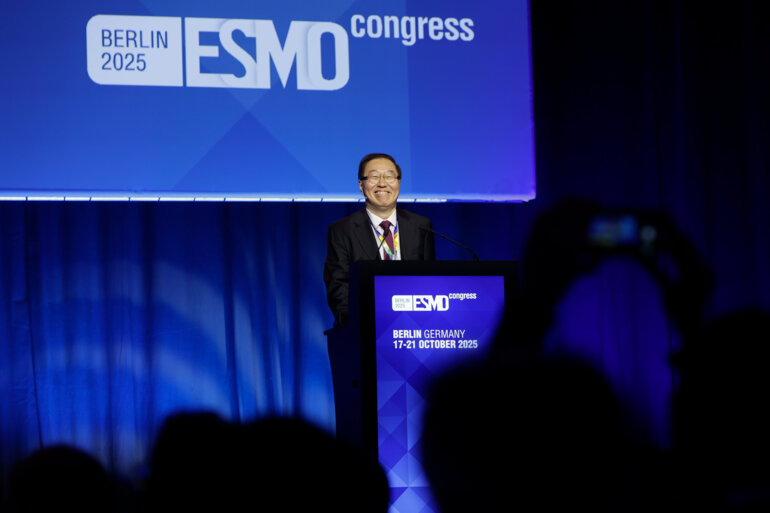
Phase III data show significant survival improvements with the TROP2-directed antibody–drug conjugate after progression on EGFR tyrosine kinase inhibitors
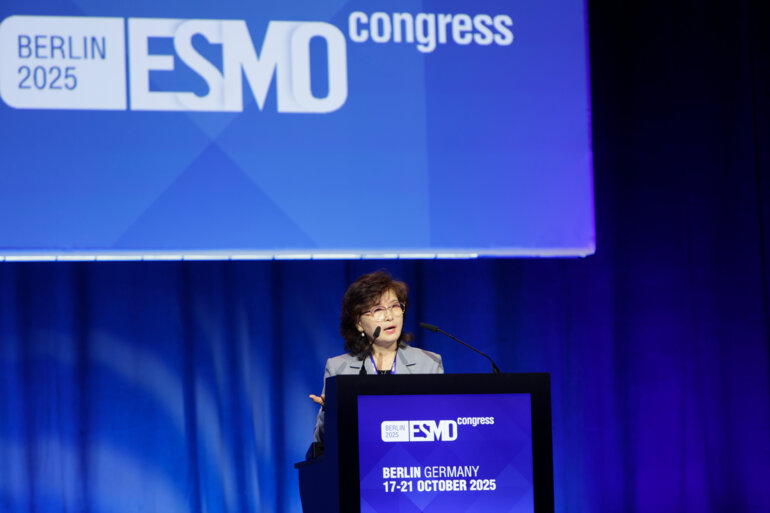
Robust efficacy findings and unexpectedly low haemorrhagic events were observed with the bispecific antibody but results will only change practice if benefits translate into overall survival and are replicated beyond China
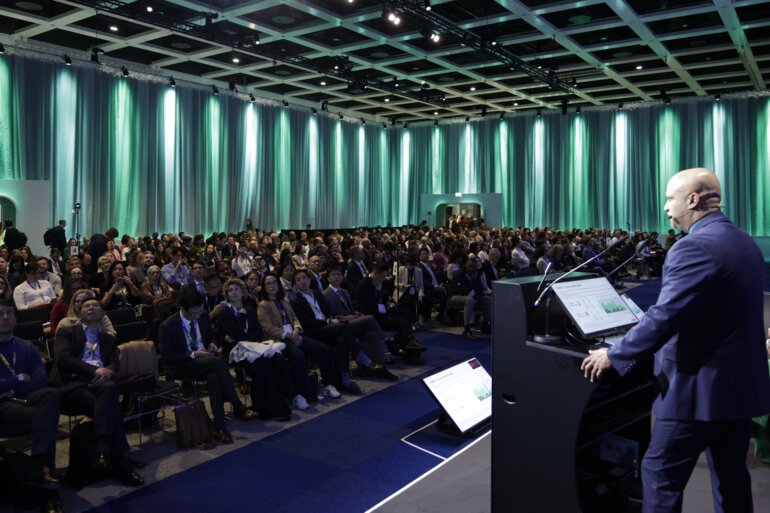
Early proof-of-concept is provided showing pan-tumour activity of a novel antibody–drug conjugate
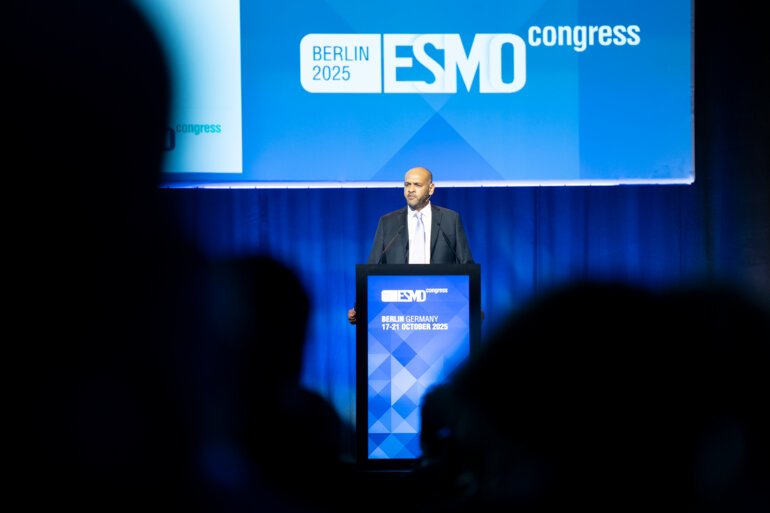
Results from the NorthStar trial highlight the potential for integrating local therapy with targeted agents to extend disease control in this setting

Findings from the NeoADAURA and the CheckMate 816 provide novel insights on the role of neoadjuvant osimertinib and nivolumab in the perioperative setting

An improvement was observed when immunotherapy was added to neoadjuvant chemotherapy, but further data are needed to confirm the survival benefit

Final results from the MARIPOSA trial provide further supporting evidence to the first-line treatment combination
This site uses cookies. Some of these cookies are essential, while others help us improve your experience by providing insights into how the site is being used.
For more detailed information on the cookies we use, please check our Privacy Policy.
Necessary cookies enable core functionality. The website cannot function properly without these cookies, and you can only disable them by changing your browser preferences.